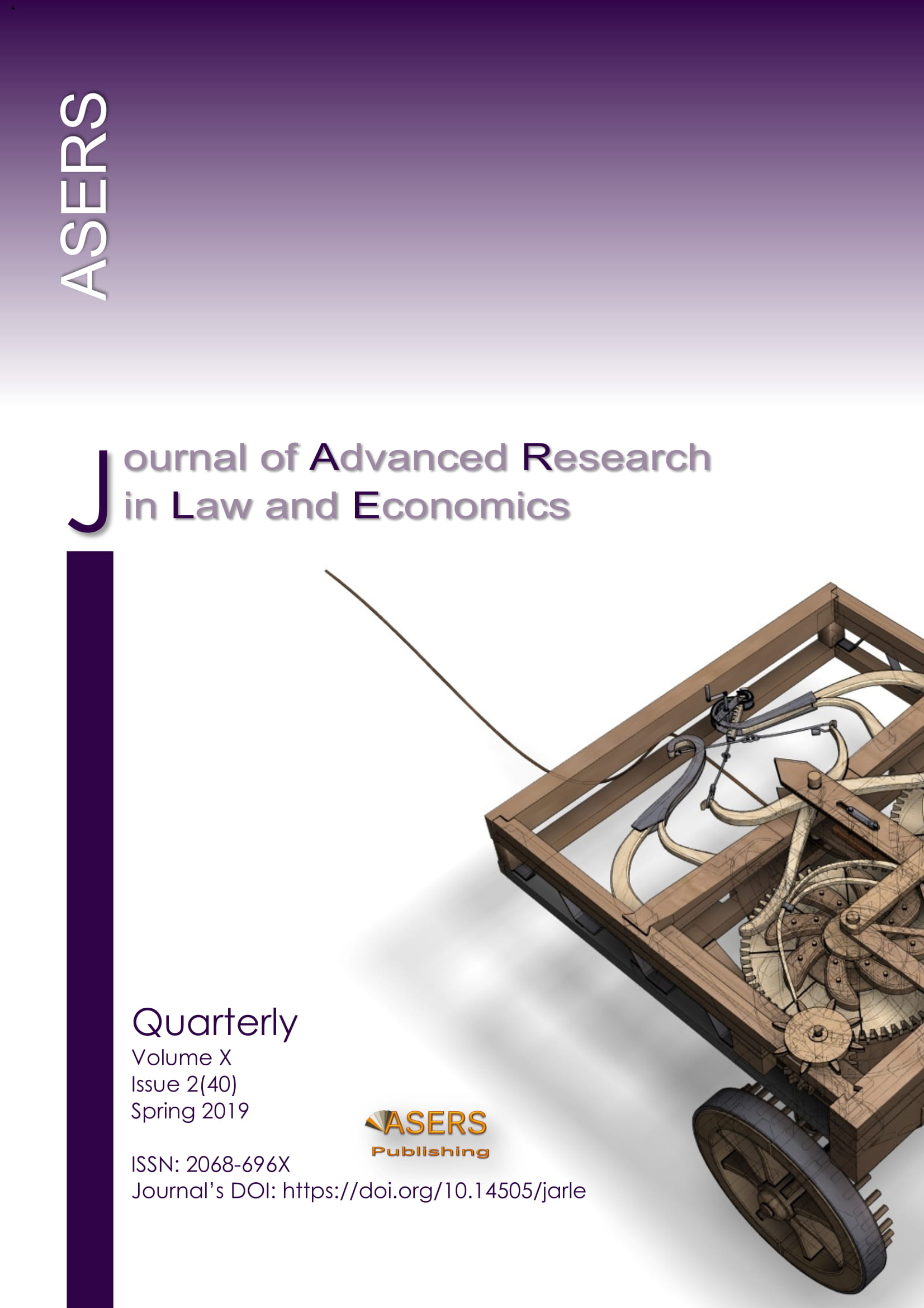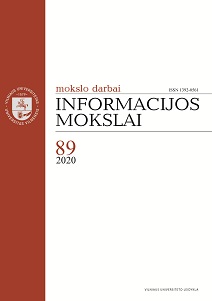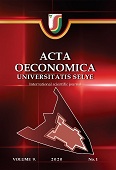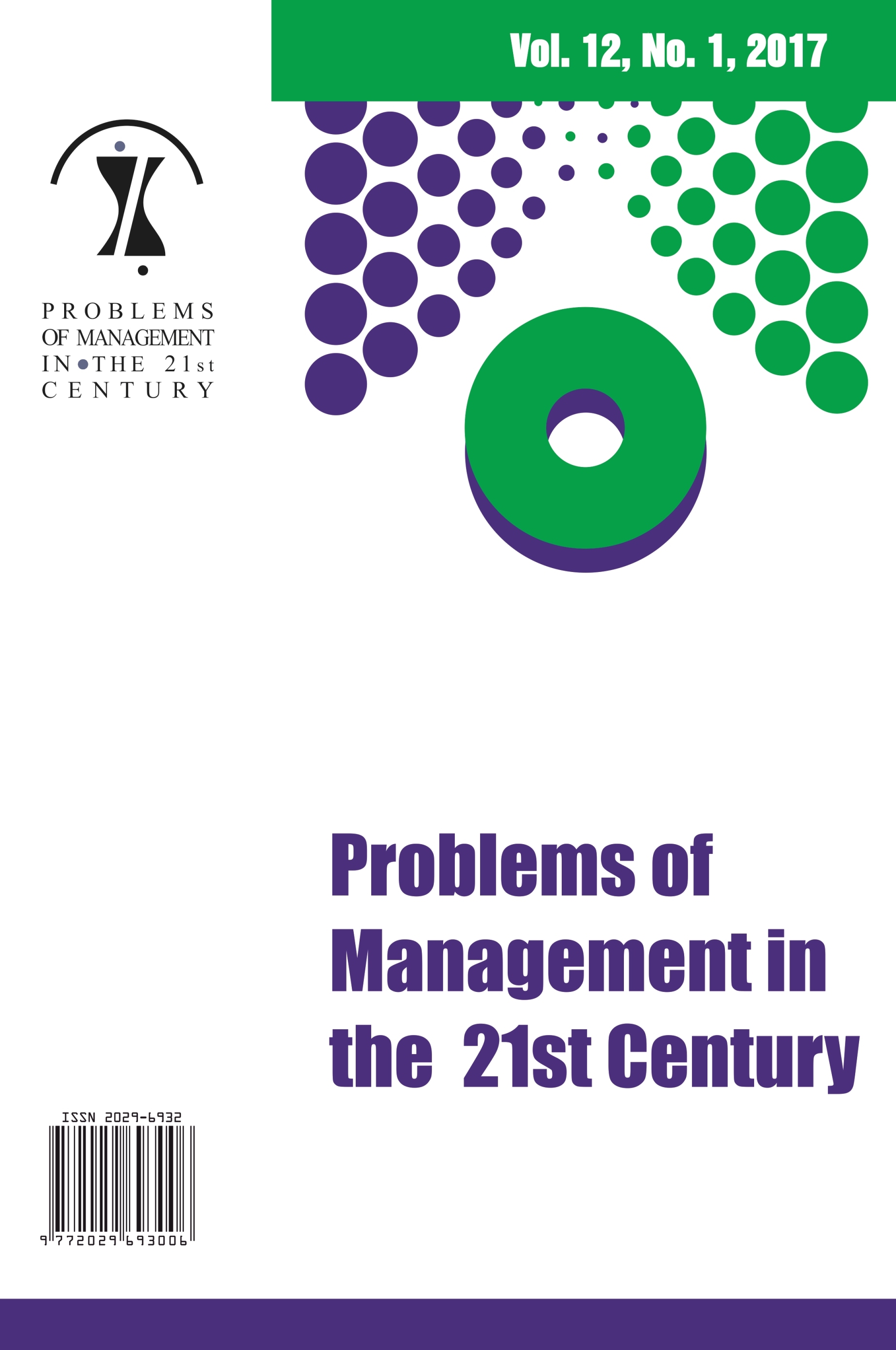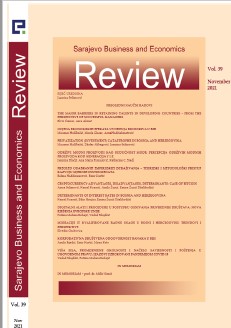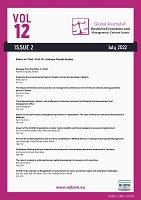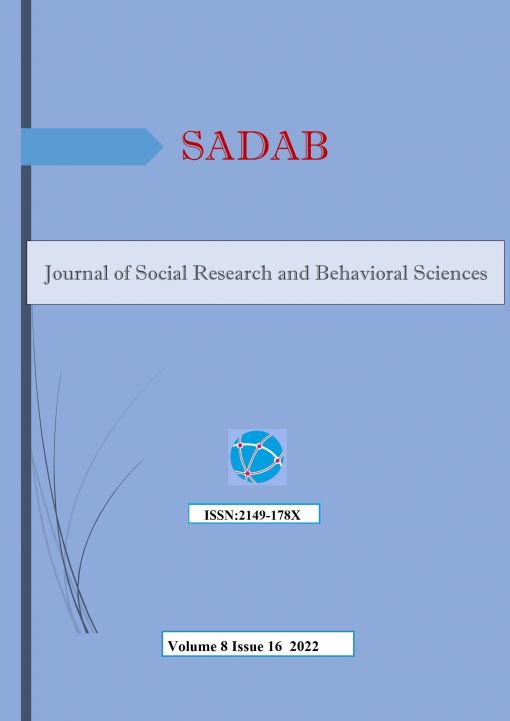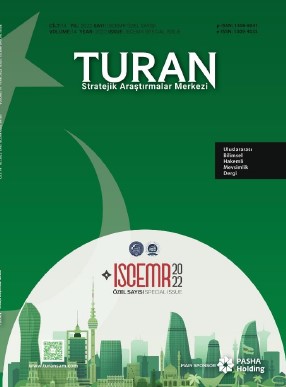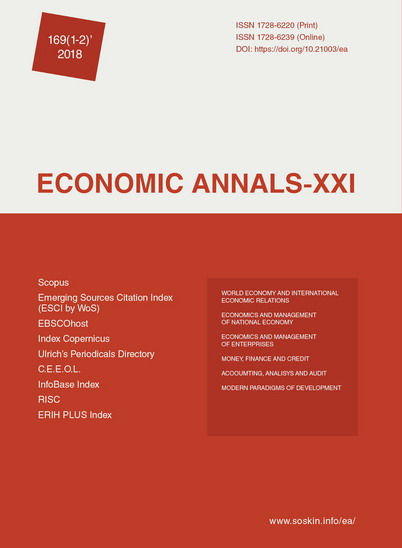
Support for foreign direct investment inflows in Serbia
The accession of Serbia to the European Union should bring stability, peace, justice, freedom and security to the Balkans. In this regard, strengthening the competitiveness of the country’s economy in order to improve its ability to withstand the pressure of the competition in the single market and reduce unemployment through job creation is the most important objective of Serbia’s economic policy. The purpose of the paper is to provide a short overview of the achieved results in terms of foreign direct investments in Serbia and to determine them as a crucial factor in increasing the country’s competitiveness. The paper stresses expectations that the outcome of negotiations with the EU will improve the investment plans in Serbia and, consequently, create conditions for a stable financial and macroeconomic environment. Also, the paper analyses cooperation with the most prominent European Union member states in the field of foreign direct investments and emphasises the financial sector, the trade and tourism sector and the telecommunication sector as the most attractive industries for EU member states. EU companies have invested almost three quarters of the cumulative FDI inflows to Serbia over the past 8 years, amounting to over EUR 11 billion in total. The European countries that have invested most in the Republic of Serbia are Austria, Norway and the Netherlands. Other big investors to Serbia are Russia (9% of the cumulative FDI inflows), Switzerland (6%), United Arab Emirates, China and USA (2% of the cumulative FDI inflows each). By investigating the open investment regime in the European Union, which is a basis for the development of economic relations and removal of barriers, the authors of the article present relevant measures in Serbia, which are acceptable to EU member states and define opportunities for job creation and increases in productivity of industries in Serbia. To promote exports and the inflow of foreign direct investments, the Serbian government has established such institutional mechanisms as the Development Agency of Serbia (RAS - SIEPA); the Export Credit and Insurance Agency of the Republic of Serbia; the Serbian Agency for the Development of Small and Medium-sized Enterprises and Entrepreneurship; the Development Fund of the Republic of Serbia; the European Agency for Reconstruction; the Free Zones Administration. The authors pay special attention to the case of the Serbian banking industry, which is a perfect example of the industry developed due to a significant amount of foreign direct investments. The banking sector is one of the most prospective sectors for foreign investors in Serbia, which was especially observed during the period of 2004-2011. As of 31 December 2016, 22 out of the 30 banks in Serbia are owned by foreign legal entities, which is a result of foreign direct investments in the Serbian banking sector and consolidation processes. Investments in the Serbian banking industry were implemented through 2 simultaneous and parallel channels: brown-field and green-field investments. Firstly, large investments in banking were recorded as green-field investment and that was mainly due to the entrance of banks/banking groups, such as Procredit (Germany), Raiffeisenbank (Austria), HVB (Austria), Alpha Bank (Greece) and National Bank of Greece (Greece) together with Societe Generale Bank (France), into the Serbian market. Starting from 2002, there has been a lot of room for an increase of the market share of foreign banks in Serbia interested in the privatisation of Serbian banks or public ownership objects. Those banks were mostly presented by the European Union banks which operate in the region, for example: Hypo-Alpe-Adria Bank (Austria), Eurobank (Greece), Erste Bank (Austria) and OTP Bank (Hungary). Over time, the strong difference between green-field and brown-field investments in banking erased, as far as some of the banks which entered the Serbian market through green-field investments were active participants in the process of acquisition or privatisation of the former Serbian banks. Finally, this paper deals with future progress of the Serbian economy, based on the achieved results regarding foreign direct investment incentives. In other words, the improvement and stabilisation of Serbia’s credit rating and cooperation with relevant international financial institutions, such as the IMF and the EBRD, will result in a better image of Serbia. Consequently, the sustainable development of the Serbian economy, which could provide the continuity and presence of the country in respectable markets of the EU, can be achieved due to inflows of foreign direct investments, especially in industries such as the financial industry and the telecommunication industry.
More...
